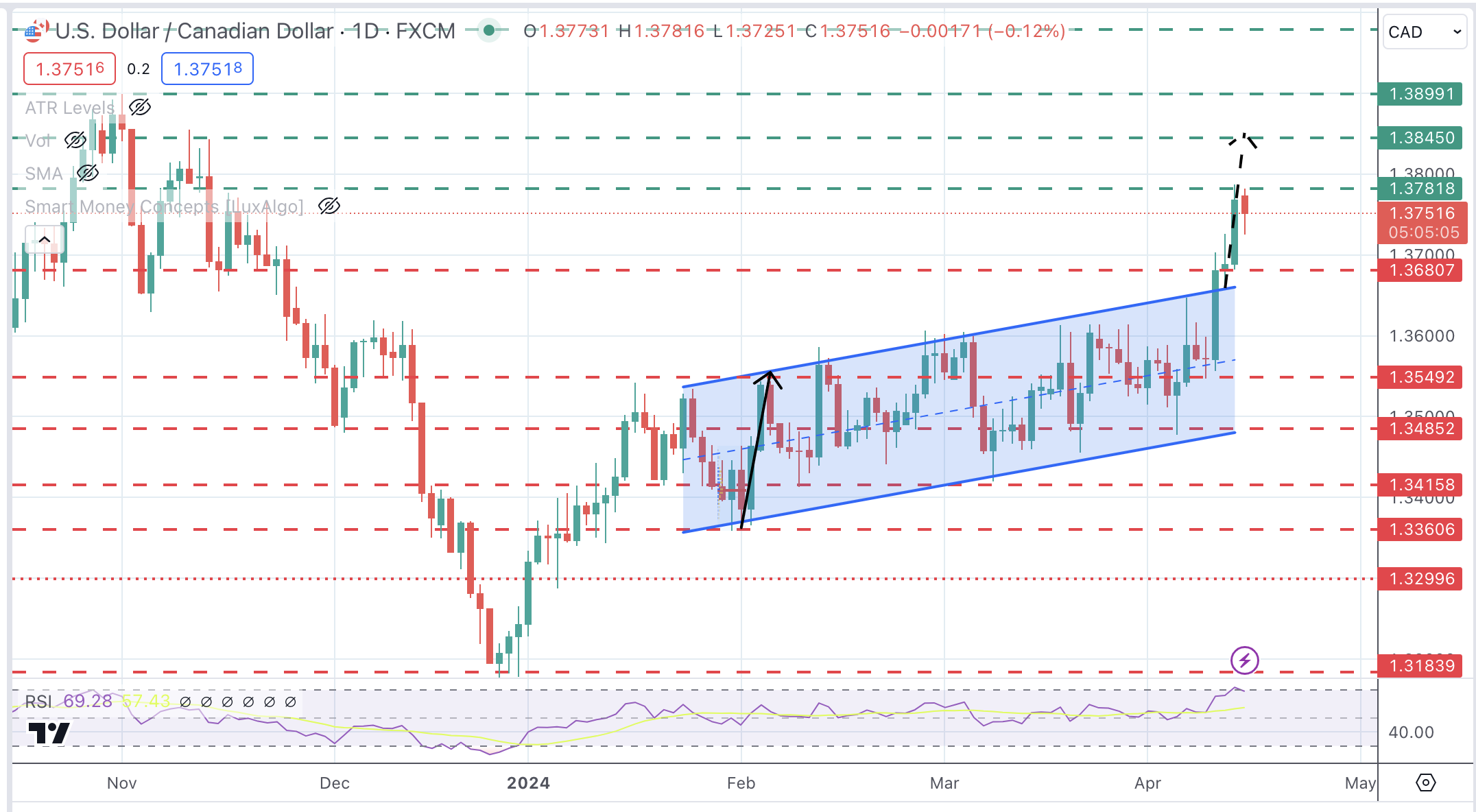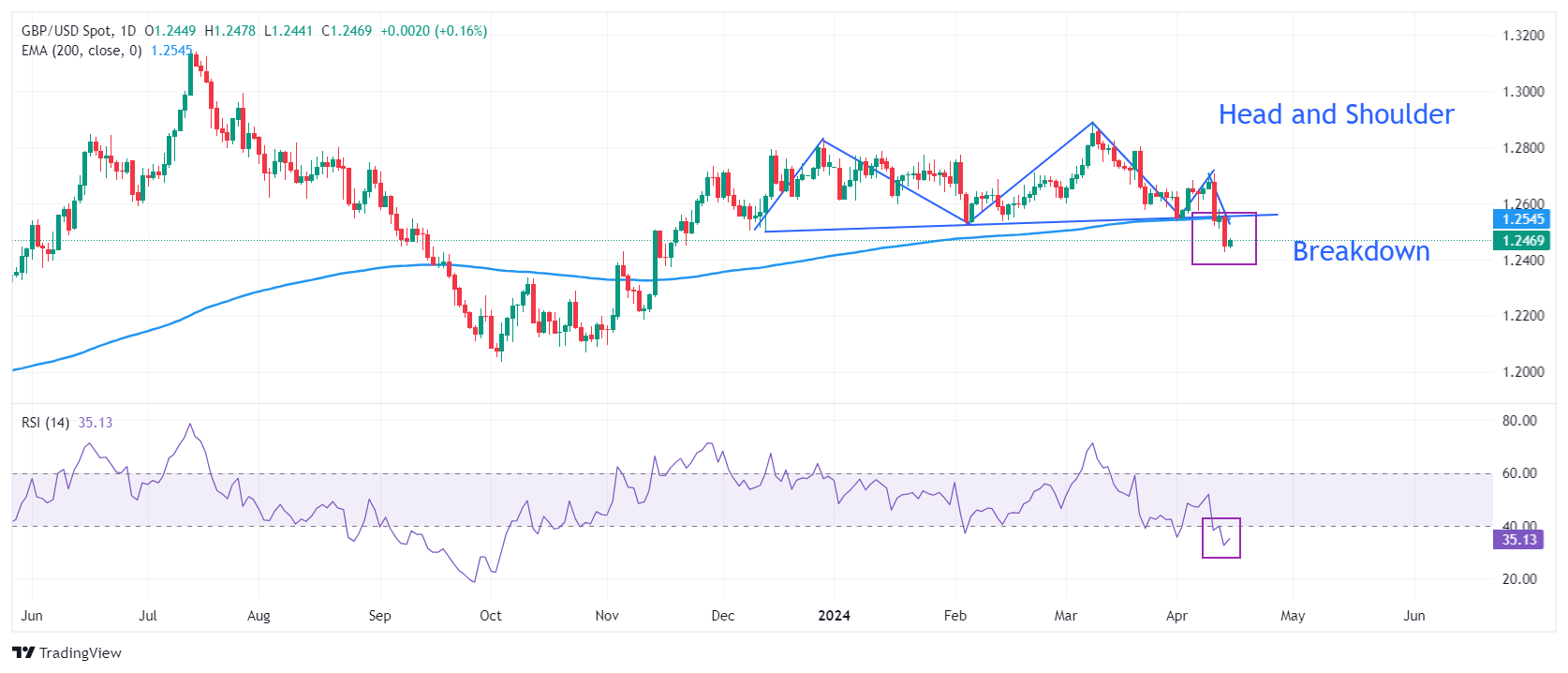As you may have noticed, those dreaded “forces” seem to have rematerialized—in the headlines, in the journals, in the pages of bestsellers: those historical, material, political, or ideological forces that supposedly make conflict between some set of groups, classes, or states “inevitable.”
But as the great libertarian historian Ralph Raico never tired of telling, such collectivist narratives are often little more than convenient scapegoats or outright inventions to cover for bad decisions made by powerfully situated individuals who could and should have done otherwise.
To illustrate the point, take the most typical of those terrible and “inevitable” conflicts so frequently invoked by the interventionists as the justification for their continued efforts toward US hegemony under the guise of world “leadership”: World War I.
Specifically, their criticism is of the instability or tendency toward war fostered by so-called multipolarity. In their telling, the leaders of the great powers (Britain, France, Germany, Austria, and Russia) were finally overcome by the circumstances of their complex system of alliances and were sucked into war over an incident of Austrian politics.
Even devoid of any considerations of further additional factors, however, this narrative fails to hold up.
In the first place, World War I came when the various powers had become set into more or less solidified blocs; that is, the tergiversation of Italy aside, Europe had become bipolar. Secondly, even though the opposing groups—the “Central Powers” (mainly Germany and Austria-Hungary) and the “Entente Powers” or “Allies” (primarily the Russians, French, and British)—were variously tied together by a combination of formal treaties, a review of the specific commitments these entailed clearly reveal none of the major powers were required by treaty to go to war in 1914.
On the side of the Central Powers, Germany was obliged under treaty to help defend the Austrians if they were attacked, but Austria had not been attacked. Rather, Archduke Franz Ferdinand—the heir and nephew to the Austrian emperor—was assassinated in the recently annexed territory of Bosnia by a Bosnian student terrorist with suspected ties to members of the Serbian military intelligence apparatus.
Turning to the Entente Powers, though imperial Russia had long-running interests in the Balkans and Serbia in particular, there existed no formal treaty at all between Belgrade and Saint Petersburg. Russia was, however, bound to France by a strict treaty of mutual defense in the event either was attacked by Germany.
For its part, Great Britain’s only conceivable involvement in any possible pan-European war could stem from its having cosigned a treaty in 1839 guaranteeing independent Belgium’s neutrality. While it had settled its colonial disputes with Paris (in 1904) and Saint Petersburg (in 1907) via a series of separate agreements, London otherwise stood apart from the two opposing militarist blocs.
While an entire recounting of all that followed is beyond the scope of this article, it is clear that what happened after June 28, 1914, cannot be blamed on multipolarity nor on forces beyond human control. In fact, applying the libertarian realist perspective to the outbreak of World War I clearly reveals the centrality of individual decision to the slow outbreak of a war that, twenty-five years later, had destroyed the old Europe and its ideological and material power forever.
As Justin Raimondo wrote some years ago, libertarian realism is a subjectivist perspective that views foreign policy as a function of “domestic political considerations.”
Turning to the belligerents of World War I, one finds the leadership in Vienna determined to act aggressively against Serbia in order to prevent the disintegration of their centuries-old empire into competing ethnostates of Hungarians, Croats, Slovenes, Czechs, and Poles, with the rump Austrian monarchy reduced to practical irrelevance and likely extinction.
In Saint Petersburg, the tsar’s own hold was equally tenuous. In the wake of total defeat by Japan and near revolution in 1905, the tsar had consequently been unable to act effectively on behalf of Russia’s Balkan client states. Being forced to back down during the Bosnian crisis in 1908 in the face of joint Austro-German pressure had been viewed as a national disgrace because of the imperial government’s own propaganda, which had long cast the tsar as the defender of all Orthodox Slavs everywhere. And so in 1914—with domestic unrest again growing, the pan-Slavic cause of the Orthodox Serbs popular, and all eyes watching—the tsar plunged his people into a horrifying war few of them actually wanted for fear of how he would look if he did not.
France, for its part, was led by a popularly elected politician who hailed from Lorraine and had worked as chief legal counsel for French arms giant Schneider-Creusot. One of the two provinces lost to Berlin during the final war of German unification in 1870, Lorraine’s seizure by the Germans and its promised future reclamation were familiar tropes of French politics in the years leading up to the war. Raymond Poincaré, a leading voice of this lobby and the dominant force of French politics during the period, was so personally desirous of an opportunity to seize back the lost provinces that he assured the tsar’s ambassador that his government would choose to interpret a Russian attack on Austria over another Balkans crisis as satisfying the conditions of their mutual defense pact.
As it happened, however, Germany ultimately relieved Paris of any necessary contorting of their treaty obligations. The collapse of German-speaking Austria would have thrown the carefully constructed “little Germany,” desired by Prussia and authored by Otto von Bismarck, into potential chaos at a time when the Prussian ruling elite already felt threatened. Domestically, the existing undemocratic Germany (dominated by the old Prussian aristocracy) was straining with the social and political demands of a highly industrialized capitalist society. Pride in the new German state and nation had diverted much of this pressure, with the mass member pan-German and Navy Leagues (connected to the intelligentsia and arms industry) pushing the imperial government’s already aggressive line abroad. However, with the window for further national glory by expansion in danger of closing, the kaiser’s government increasingly looked for a favorable opportunity to settle things with its implacable foe (France) while beating back its apparent industrializing rival (Russia).
So it was that Germany ultimately declared war on both France and Russia in response to the latter’s intervention against Austria. Like Austria and Russia, the German government’s decision to go to war was largely motivated by the concern of rulers for their power—or, in the case of Poincaré in France, the determination of one man to bring the place of his birth back within the domain of the French state.
In Britain, meanwhile, the government was divided. There was no great public clamor to go war, and despite Prime Minister Herbert Asquith’s recognition of the likely geostrategic implications of a hypothetical German victory, as well as existing joint war plans, his government hesitated to the end over whether to choose to take the impending German passage through Belgium en route to France as a casus belli. According to foreign secretary Lord Grey, as testified in a speech before the House of Commons, what was at issue was not consideration of the costs in men, money, or material; but rather, in the loss of “prestige” the British state would incur from having failed to “honorably” take the opportunity to enter the war on the side of the Entente Powers given a pretext to do so.
Thus, London chose war in the name of preserving the credibility of its commitments, with the wider aim of preventing Germany from dominating the continent, thereby ensuring that what otherwise would have been a bloody but brief affair dragged on until all sides were bled white.
While there were other factors at play, it is clear that in 1914 there was much room for all sides to have avoided war had their leaders so chosen. Instead, driven by largely domestic political considerations, the leaders of the various governments responsible made deliberate decisions they knew would almost certainly lead to a war of disastrous proportions.
Interest in such scholastic archaeologies of past human follies aside, human life is unlikely to survive another such round of follies. Looking around today, one is filled with foreboding.
The American public has been fairly easily lied into every war since 1898, while at the level of policy there seems to be no interest or even willingness to hear alternatives to the attempted maintenance, insofar as possible, of what remains of the so-called unipolar moment. In fact, the same failures that brought us the Afghanistan and Iraq war, as well as the disasters of Syria, Libya, Yemen, and Ukraine, are now further advocating upping the ante versus China vis-à-vis Taiwan.
Though the recent effort to preemptively empower whoever was president to go to war with China over Taiwan unilaterally was prevented from making it into (yet another) omnibus spending bill, behind the scenes things are quietly being put in place so as to make such circumstances de facto, with joint military plans being laid and US forces already in Taiwan.
Faced with the same choice as that of British leaders a century ago—preserving peace and its relative preponderance or a world-destroying war over what was not in fact a core national interest—it is tragicomical to think the president and his advisors will have one eye on the polls, but no doubt they will.
With generals and admirals now telling Congress and the White House a war over Taiwan is inevitable, now is precisely the time to push back against such obvious attempts by the Pentagon to further pad its budget, while simultaneously seeking to write off responsibility for successive Congresses and administrations for having failed to pursue the kinds of policies necessary for continued peace.
Full story here Are you the author? Previous post See more for Next postTags: Featured,newsletter




















